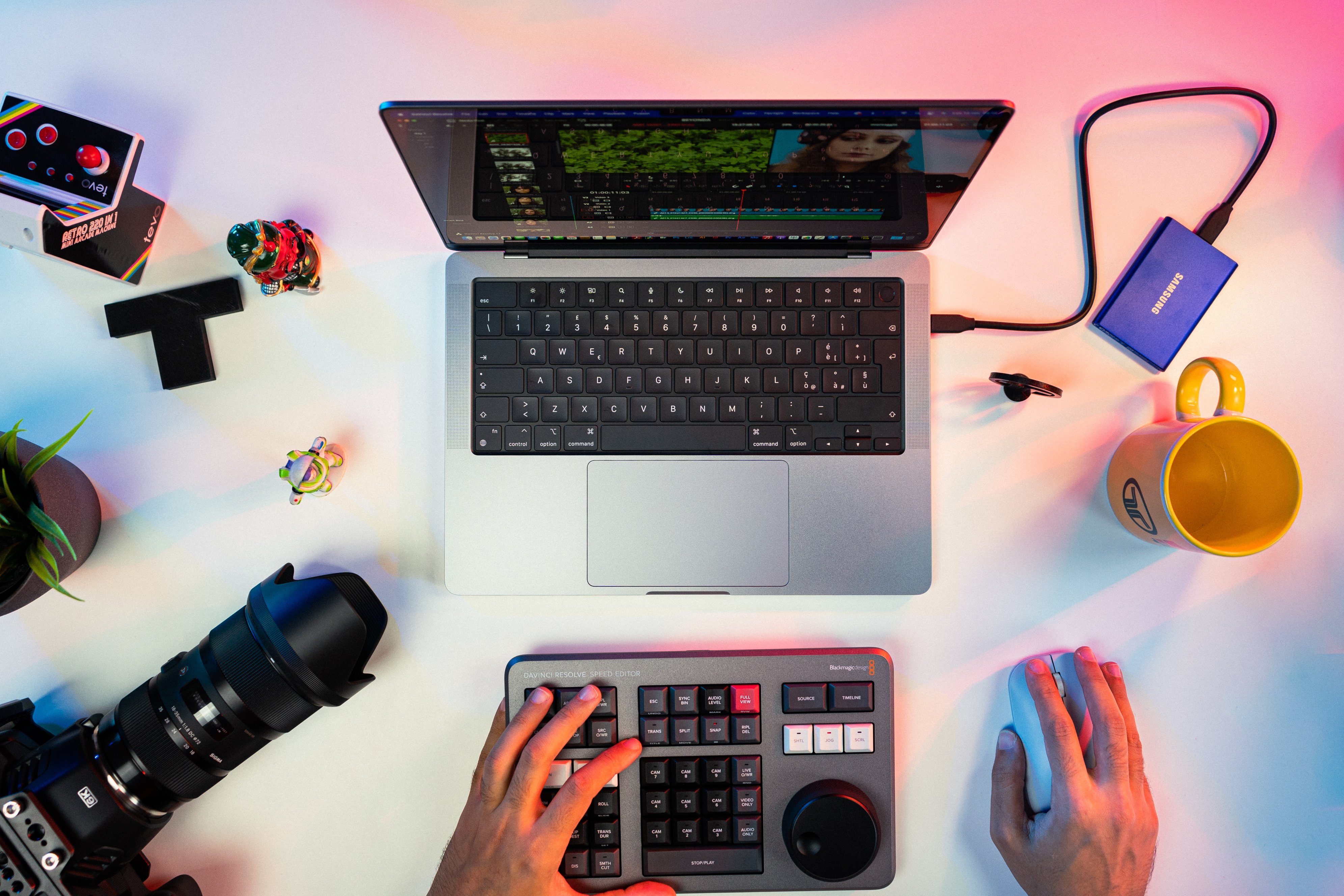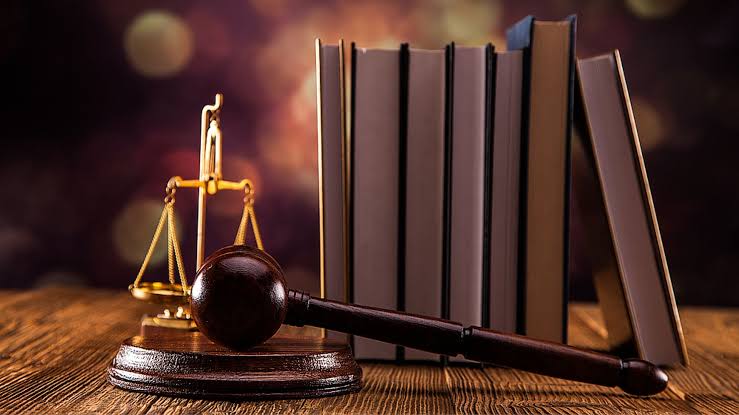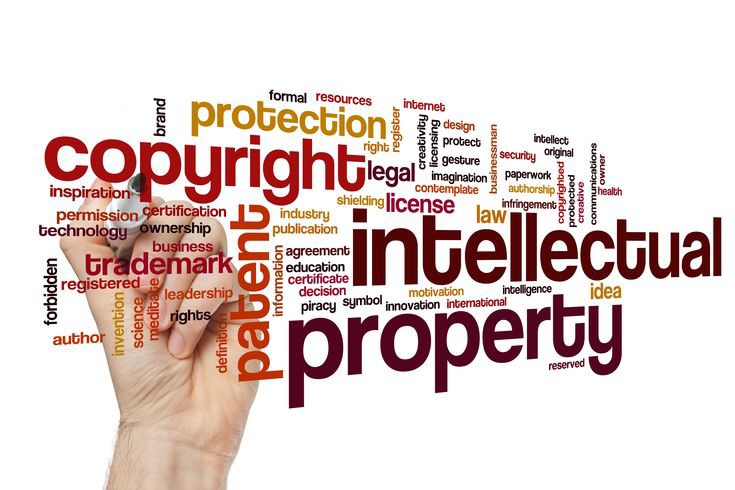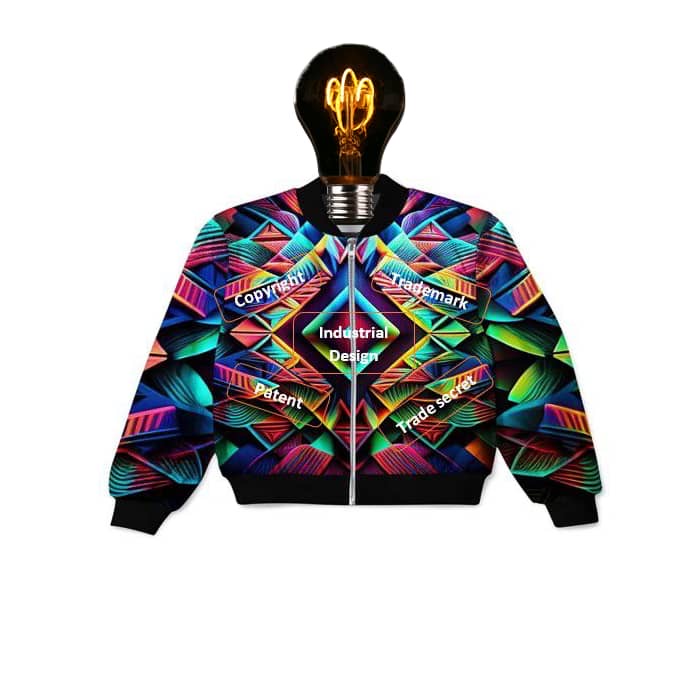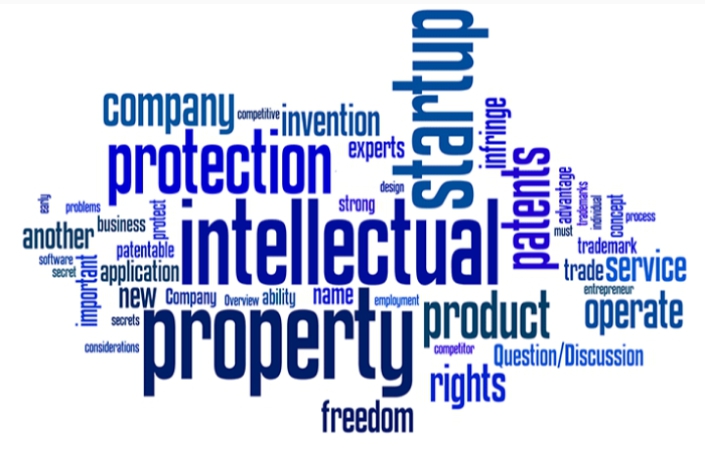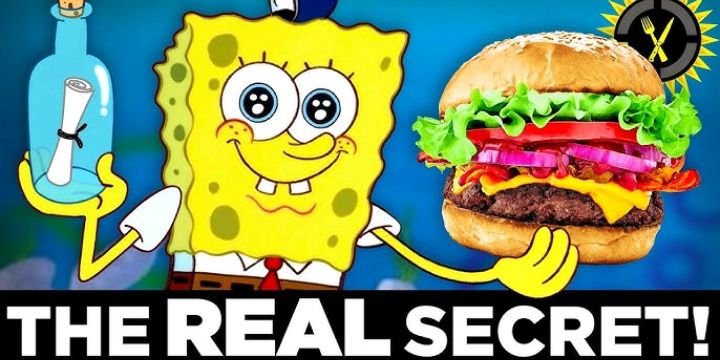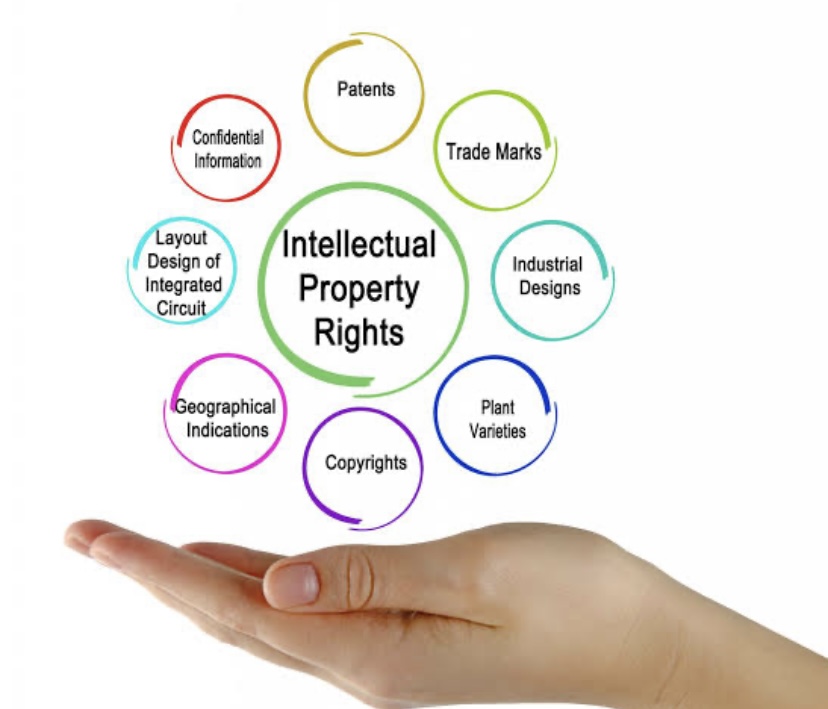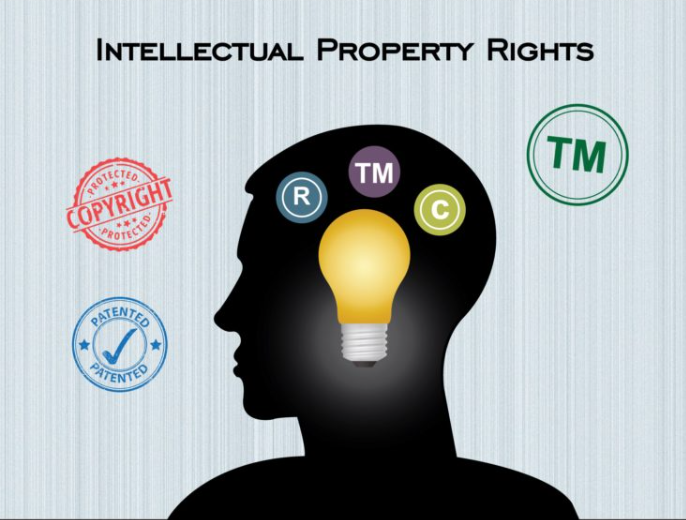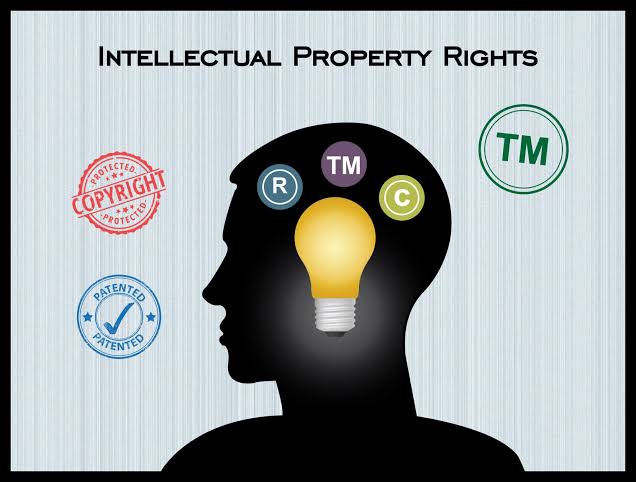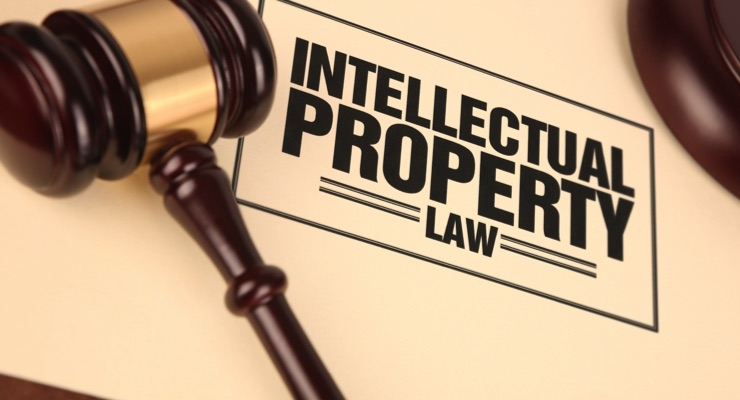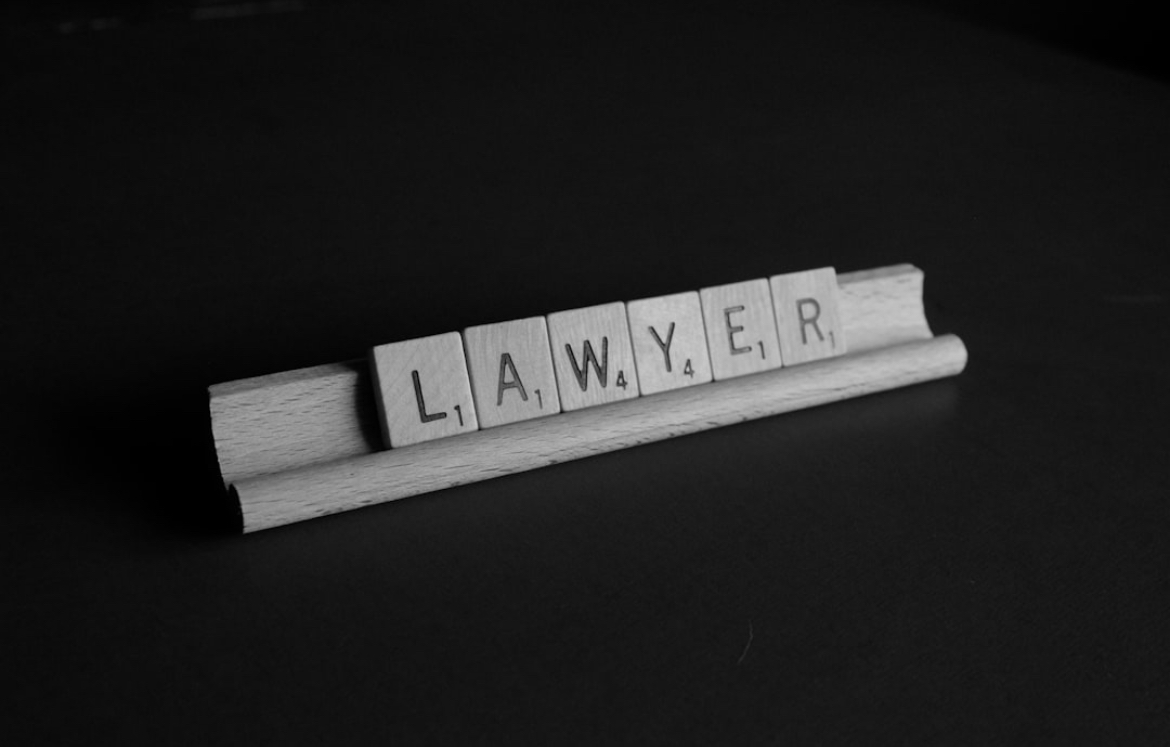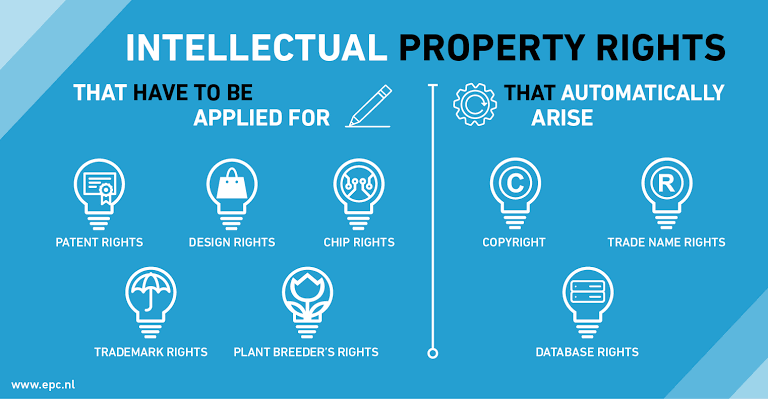
A SKETCH OF THE INTELLECTUAL PROPERTY LAW IN NIGERIA.
The ostensible starting point for exploring this crucial subject is to proffer a satisfactory definition. What is intellectual property? Various endeavours have been made to describe the term, and these include its definition as a generic term that defines creations of the intellect about which the law ascribes exclusive right of appropriation to the designated owners. IP Law is the body of laws that governs all the relevant aspects (i.e. ownership, registration, protection, licensing, assignment, lifespan) of IP Rights.
They are defined as "legal rights which result from intellectual activity in the industrial, scientific, literary and artistic fields,” "the legal rights which may be asserted in respect of the product of the human intellect,” "that area of the law which concerns legal rights associated with creative effort or commercial reputation and goodwill', and “a branch of the law which protects some of the finer manifestations of human achievement.” For present purposes, intellectual property may be defined as legal rights bestowed on those who engage in creative, inventive and promotional activities which have resulted in original, useful or other beneficial output. Such an outcome is classified as a form of property, albeit of the intangible, immaterial variety. This means that, unlike physical property, it is incapable of being physically owned or possessed and can therefore be concurrently enjoyed by different users without being lost to the creator or owner. To fend against unauthorized exploitation, there are legal provisions in Nigeria regulating the conferment of exclusive rights in intellectual creations, in line with the notion that property consists primarily of control over access.
According to the Convention Establishing the World Intellectual Property Organisation, intellectual property shall include rights relating to literary, artistic and scientific works; performances of performing artists; phonograms and broadcasts; inventions in all fields of human endeavour; scientific discoveries; industrial designs; trademarks, service marks, commercial names and designations; protection against unfair competition; and all other rights resulting from intellectual activity in the industrial, scientific, literary or artistic fields. It is imperative to note that considering intellectual property, helps to first split up the world of inventions into artistic and utilitarian things. Artistic inventions include books, articles, movies, musical compositions, and photographs. Utilitarian inventions include mechanical devices, computer hardware, biotechnology, and manufacturing methods. These broadly classified two parts are: copyright and neighboring rights on the one hand, and industrial property rights on the other.
CATEGORIES:
- COPYRIGHT:
Copyright protects creative works like computer code, photographs, artwork, and text. It protects the expression of an idea, not the idea itself. For example, if you conceive cold fusion and write about it, copyright does not stop anyone from replicating your invention. It stops people from reproducing your essay. Copyright starts with the author. Who owns copyright can vary with the premises, especially when works are created for others.
Copyright protects original works of authorship, such as literary, musical, and artistic works. In Nigeria, copyright law is largely governed by the Copyright Act of 2022. Copyright preservation commonly lasts for the lifetime of the author plus an additional 70 posthumous years.
In the case of EKO LAW PUBLISHERS LTD V. AKINFOLARIN & ORS (2019) LPELR-49498(CA), the court reiterated the need for ingenuity in-copyright works, holding that the mere reproduction of a work without significant alteration or transformation cannot constitute a new copyrightable work.
2. PATENTS:
A patent stops others from making your invention. So if you patent your cold fusion invention, no one else can make my cold fusion device for the next 20 years unless they agree to pay me a royalty. Patents, simply put, shield new inventions or advancements to existing inventions.
A patent is a monopoly in respect of an invention. The Patents and Designs Act, Chapter P2 Laws of the Federation of Nigeria 2004 (the ‘Patents and Designs Act”) governs the registration and practice of patents in Nigeria. To qualify for a patent, an invention must comply with the following requirements:
1. it must be a new or novel invention or an improvement upon a patented invention;
2. which results from an inventive activity; and
3. is capable of industrial application.
ii. An invention is new or novel if it does not form part of the state of the art. State of the art means everything concerning that art or field of knowledge which has been made available to the public anywhere or at any time.
iii. Patents cannot be obtained in respect of plants, animals or any biological process for the production of plants and animals. A patent also cannot be granted in respect of inventions whose exploitation would be contrary to public order or morality.
iv. The right to a patent in respect of an invention is vested in the statutory inventor, that is to say, the person who, whether or not he is the true inventor, is the first to file or validly claim a foreign priority for a patent application in respect of the invention.
v. A patent confers, on the patentee, the right to preclude any person from doing the following:
1. where the patent is granted in respect of a product, the act of making, importing, selling, or using the patent or stocking it for sale or use; or
2. where the patent has been granted in respect of a process, the act of applying the process.
vi. Rights in a patent subsist for 20 years from the date of filing of the relevant patent application and it is non-renewable. Patent shall lapse if the prescribed annual fees are not duly paid upon the expiry of the period of grace. Similarly, a patentee may, by a written declaration addressed to the Registrar of Patents, surrender his patent and the surrender will take effect once the written declaration is registered with the Registrar of Patents. A patent will be nullified where the description of the invention or claim does not conform to the provision of the law or if it is defeated by a prior application from an earlier foreign priority.
In the case of PZ Cussons (Nigeria) Plc v. Silvex International Ltd. (2006), there was a dispute over the patent of a soap product. The court upheld the plaintiff’s patent, underscoring the necessity for exclusive rights to encourage innovation.
3. TRADEMARKS:
Trademarks offer conservation for branding. They are an indication of the basis and quality of the goods or services. While wordmarks and logos are the most common types of trademarks; things like colour, sound, and shape can be registered. Trademarks can be unregistered or registered, but registered marks give more security and are more easily executed.
Trademarks protect words, names and symbols used by an organization to identify the source of its products and services and to distinguish its products and services from those of others. A trademark is an organization’s reputation and brand, making it an extremely advantageous asset.
ii. Registered trademarks in Nigeria are governed by the Trademarks Act, Chapter T13 Laws of the Federation of Nigeria 2004 (the “Trademarks Act”), while unregistered trademarks are governed by received English Common Law.
iii. Under the regulations made under the Trademarks Act, the procedure for the registration of trademarks in Nigeria includes applying for the Registrar of Trademarks (the “Registrar”). Upon receipt of the application, the Registrar will issue an Acknowledgement Form. The application will subsequently be sent for examination and, if the Registrar is satisfied that no similar mark has been accepted/registered, an Acceptance Letter will be issued. If the application does not, however, meet the requisite registration requirements, a Refusal Notice will be issued. Once a mark has been accepted for registration at the Commercial Law Department – Industrial Property Office Registry, the Federal Ministry of Trade and Investment (the “Trademarks Registry”), it will be listed for advertisement in the Trademarks Journal.
iv. Publication of the Trademarks Journal is the sole prerogative of the Trademarks Registry, as a result of which delays are usually experienced. Where no objection is filed against a published application at the expiration of two (2) months, the final registration/sealing fees will be payable. Thereafter, unless the Registrar had accepted the trademark in error, the Registrar will issue the applicant with a Certificate of Registration of the trademark. A trademark, when registered, shall be registered as of the date of the application for registration, and that date will be taken, for the Trademarks Act, to be the date of registration. The registration of a trademark is valid for seven years but may be renewed from time to time by the provisions of the Trademarks Act.
v. If however, objections were filed within the two (2) month opposition period, these objections would have to be resolved, to complete the registration process. To resolve such objections, the objections must be responded to by the applicant and the nature and cost of this response will depend on the nature of the objection filed.
vi. Following the valid registration of a trademark, the owner of the trademark will be entitled to enjoy the benefits of registration under the Trademarks Act. In effect, the owner can bring an action in court for infringement of the trademark and obtain remedies to prevent future infringement.
vii. In addition, generally, the registration of a person as proprietor of a trademark of any goods shall, if valid, give or be deemed to have given to that person the exclusive right to the use of the trademark about those goods.
In the case of Ferodo Ltd. v. Ibeto Industries Ltd. (2004) LPELR-1274(SC), the Supreme Court of Nigeria tackled the issue of trademark infringement, accentuating the need to protect registered trademarks from unauthorized use.
4. INDUSTRIAL DESIGNS:
Industrial Design is defined as any variety of lines or colours or both, and any three-dimensional form, whether or not associated with colours, if it is intended by the creator to be used as a model or pattern to be reproduced by an industrial process and is not planned exclusively to obtain a technical result. It is generally the decorative or aesthetic aspects of a product. The design of a product acts as a distinctive factor for branding and also exemplifies the importance of aesthetic appeal to consumers in the choice of products. It is governed by the Nigerian Patents and Designs Act. A design must be new and not formerly broadcasted to the public to qualify for security. It protects the visual appearance of a product, including shape, pattern, or colour. Design protection lasts for 15 years, with an initial period of 5 years and two successive resurgences of 5 years each.
In the case of Odeon Cinema Ltd v. National Films Agency Ltd. (1959), the court upheld the rights of the original designer, underlining the significance of industrial design protections.
It will be imperative to mention that the registration of any intellectual property under the applicable intellectual property laws in Nigeria ensures its protection. Once the intellectual property rights have been registered, the owners can implement such rights in case of any infringement from a third party.
REFERENCES:
- Nigerian Copyright Act: 2022.
- St. Francis School of Law: Intellectual Property Rights.
- Investopedia: Intellectual Property Law.
- Nigerian Law of Intellectual Property by Adejoke O. Oyewunmi.


